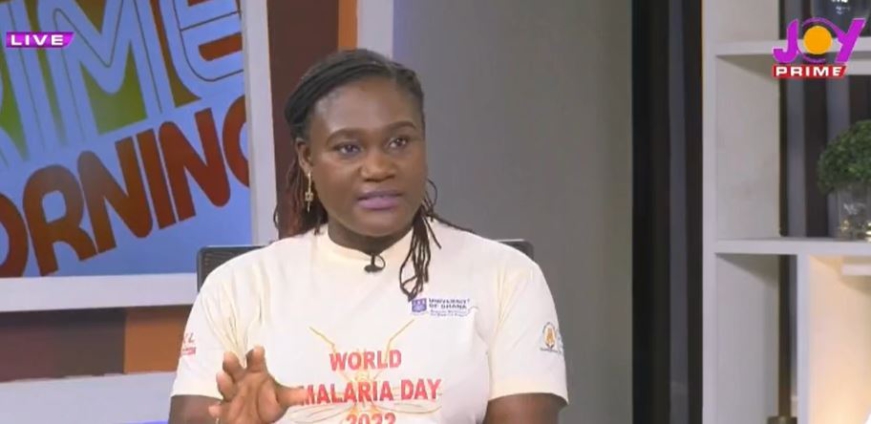A Senior Research Fellow at the Noguchi Memorial Institute for Medical Research (NMIMR) has called for more reforms and investments to be made into the fight against malaria in the country.
Dr. Linda Eva Amoah said despite various interventions made to reduce malaria infections, pregnant women and children below five years remain highly susceptible to the disease.
She mentioned that cases of malaria among pregnant women usually affect the unborn babies, saying it is one of the leading causes of stillbirths in the country.
She warned this trend may get worse if practical steps are not taken to salvage the situation.
“They [children and pregnant women] are the ones that do suffer the most because for children under five, their immune system isn’t that well-developed and once you become pregnant, you also have become susceptible to a whole lot of different things.
“So, these two categories are very susceptible to malaria and most of our interventions are actually targeted to help them,” she said.
Dr Amoah stated in an interview on Prime Morning, Monday, that intervention efforts, investments and innovations must be accelerated by stakeholders to control spread and infections.
“I don’t think you can isolate one from the other; you need even to invest to become innovative. If you have a plan of how to make a very good diagnostic tool, without somebody investing in that idea, it can’t materialise.
“So, we do need investments – investment will help us actually even expand upon the current interventions that are ongoing and it will also help people who have some innovations to actually put their innovations out for it to actually materialise,” she added.
Currently, there is an indoor residual spraying exercise taking place nationwide to ensure that house walls are sprayed to prevent mosquitoes.
“Because the female anopheles mosquito lays its eggs in stagnant water, we have larviciding occurring across the country where we spray larvicides on the water bodies…that kills the mosquito larvae which would have grown into the adult mosquito.
“Then we have some control measures for pregnant women where women who go for ante-natal care are given medicine that prevents them from actually getting malaria,” Dr Linda Amoah listed.
Latest Stories
-
Managing Prediabetes with the Help of a Dietitian
59 seconds -
Joy FM listeners criticise Achiase Commanding Officer’s election comment
22 mins -
Legal Aid Commission employees threaten strike over poor working conditions
24 mins -
Ghana ranked 7th globally as biggest beneficiary of World Bank funding
34 mins -
IMF board to disburse $360m to Ghana in December after third review
38 mins -
Former Bono Regional NPP organiser donates 13 motorbikes to 12 constituencies
44 mins -
Securities industry: Assets under management estimated at GH¢81.7bn in quarter 3, 2024
49 mins -
Gold Fields Ghana Foundation challenges graduates to maximise benefits of community apprenticeship programme
2 hours -
GBC accuses Deputy Information Minister Sylvester Tetteh of demolishing its bungalow illegally
3 hours -
Boost for education as government commissions 80 projects
3 hours -
NAPO commissions library to honour Atta-Mills’ memory
3 hours -
OmniBSIC Bank champions health and wellness with thriving community walk
3 hours -
Kora Wearables unveils Neo: The Ultimate Smartwatch for Ghana’s tech-savvy and health-conscious users
3 hours -
NDC supports Dampare’s ‘no guns at polling stations’ directive
3 hours -
Police officer interdicted after video of assault goes viral
3 hours

